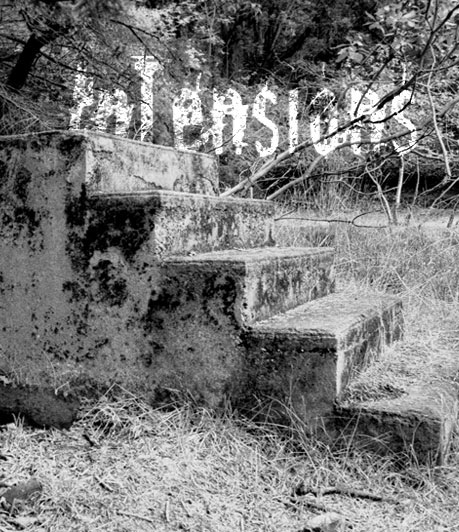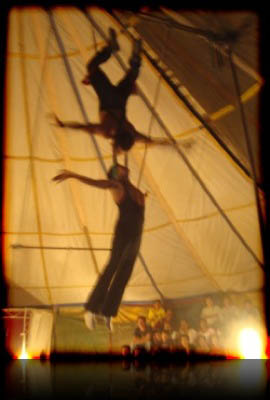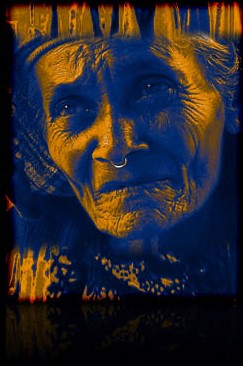Emotions in Performance: Between Rape and Research Lab
DOI:
https://doi.org/10.25071/1913-5874/37317Abstract
Framed by the narrative of staging and performing a rape, this paper will map the subjective journey of six student research practitioners at a university’s Emotion Lab. The student performers explored their affective bodies through breath and voice as well as conventionalized, realistic and expressive gesture. A series of questions that arose in this context circled around themes such as “awareness,” “contagion,” “fear,” “control,” “containment” and “spillage.” This lead to an investigation of the emotions surrounding (the performed) emotions, for example: “fear.” “Are there emotions you are afraid to express?” “Are you afraid an emotion can overwhelm you?” The immediate relevance of these investigations becomes imminent when undergraduate acting students are asked to perform scenes that deal with emotional extremes: such as staging a rape scene.
References
Antonin Artaud, The Theatre and Its Double. Grove Press, New York, 1958: 133-141.
Anne Bogart: Balancing Acts: Anne Bogart and Kristin Linklater Debate the Current Trends in American Actor Training. Moderated by David Diamond, in American Theater, 2001 or at: http://tcg.org/publications/at/2001/balancing.cfm
Anne Bogart: The Viewpoint Book. Theatre Communication Group, New York, 2005: 5-6.
Bloch, Susana, Pedro Orthous and Guy Santibanez-H. ”Effector Patterns of Basic Emotions: A psychophysiological method for training actors.” Reprinted in Acting [Re]Considered: Theories and Practices. (Zarilli, Philip B., ed.), Routledge, 1994.
Ann J. Cahill: Rethinking Rape. Cornell University Press, Ithaca, 2001:4.
Ekman, Paul & Davidson, Richard J, Eds, The Nature of Emotion. Oxford University Press, New York: 1994
Foa, Edna B. & Olasov Rothbaum, Barbara: Treating the Trauma of Rape: Cognitive-Behavioral Therapy for PTSD. The Guilford Press, New York, 1998: 24 ff.
Hooven, Gottman and Katz: Parental meta-emotion structure predicts family and child outcomes. In: Cognition and Emotion, 9, 1995: 229-264.
Brian Jucha: Working With The Viewpoints. www.jucha.com/viewpoints.html.
Maurice Merleau-Ponty, Basic Writings, ed. Thomas Baldwin, Routledge, 2004.
Oatley, Keltner and Jenkins: Understanding Emotions. Malden, MA, Blackwell Publishing, 2006:305.
Potter, Nicole, ed. Movement for Actors. Allworth Press, New York, 2002:214-226.
Schechner, Richard: Rasaesthetics. In: The Drama Review 45, 3 (T171), MIT Press, Fall 2001.
Stanislavski, Konstantin, An Actor Prepares. Routledge, New York: 1961.
Lee Strasberg, Schauspieler Seminar. Schauspielhaus Bochum, Bochum, 1978.
Stephen Wangh: An Acrobat of the Heart. Vintage Books, New York, 2000: 125-135.
Whetsell Mitchell, Juliann: Rape of the Innocent: Understanding and Preventing Child Sexual Abuse. Taylor and Francis: 1995: 120-122.
Zarilli, Phillip and Cook, Amy in: Theatre Journal, Volume 59, Number 4, December 2007.





